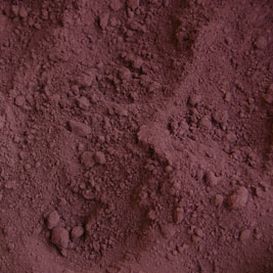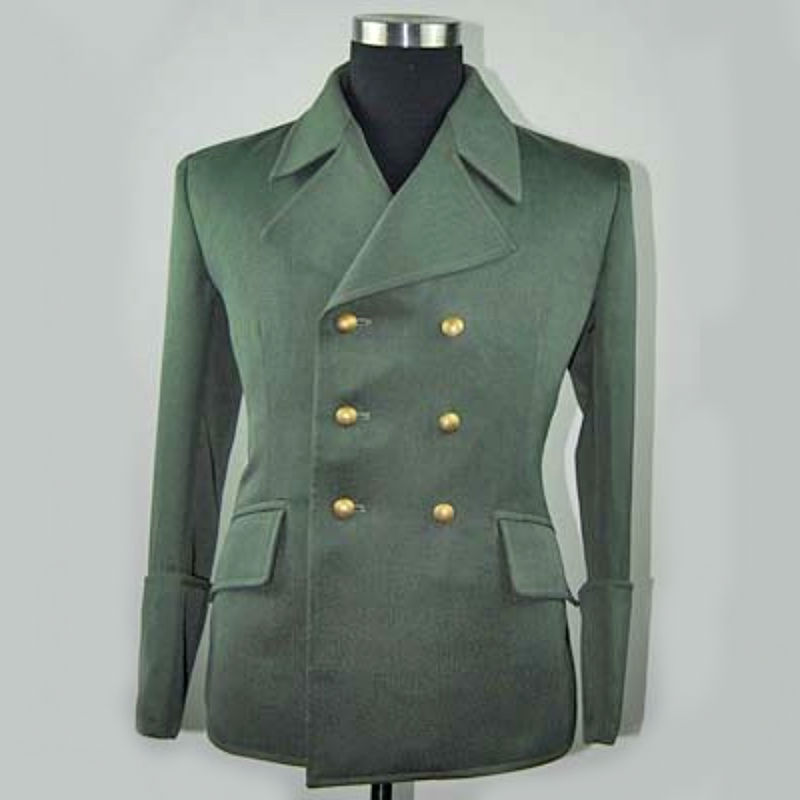Quick. What’s your favorite color? If you said purple, you’re super boring, so try again. Malachite? Well la-dee-da! Aren’t you a pretentious fellow! You can’t win is what we’re saying. Anyway, in a world full of colors, some of the shades sort of get lost in the shuffle. But obscure colors deserve some love, right? Except for periwinkle and fuchsia. We shall never speak of those colors again. Here is a list of 10 colors that you may not know, but have definitely seen.
1. Caput Mortuum
Most of our readers are completely fluent in Latin (among other languages), so if you knew that Caput Mortuum translates into “worthless remains” we are not surprised. This oxidized rust color was especially popular in Medieval times when painting portraits of important figures and saints.

2. Xanadu
This green-gray color comes from a plant called Philodendron, which would also make a cool name for a sea monster in our humble opinion. It turns out that in spite of the fact that Xanadu is named of an ancient city in Inner Mongolia, the plant doesn’t grow there! It’s actually native to Australia. Craziness, no?

3. United Nations Blue
The United Nations gets its own color because the United Nations can get to do whatever it wants. We bow to our United Nations overlords and all of their non-binding resolutions. Anyway, this is the color that they use on their flags and even on UN Peacekeeper uniforms.

4. Feldgrau
Feldgrau sounds like it should be the name of a James Bond villain. In reality, it’s German for “Field gray.” It’s the gray-green color that was worn by the German army from 1907 until the end of WWII. The US Army uses a similar shade for its uniforms.

5. Arsenic
This dark shade of gray-blue is the color of the super deadly element that we definitely don’t recommend you sprinkling on a salad. We also wouldn’t advise you to go to the paint store and tell them that you want to paint your walls using an arsenic gloss. They’ll think you’re crying out for help.

6. Malachite
Everybody has seen this greenish color before, especially as a car paint. Malachite is actually the name of a copper carbonate and has been a fashionable color for some time. In fact, the Hermitage in Saint Petersburg has a room named in its honor.

7. Gamboge
Big fan of yellow Thai curry? Confuse the waiter next time and get kicked out of the restaurant by being a smartass and asking for gamboge curry. That’s this color in a nutshell. It first became popular in the 12th century in Cambodia as a water color paint. Five centuries later this shade of yellow finally made it to Europe and there was much rejoicing.

8. Fallow
Fallow is what happens when you mean to type “follow” but forget to use spell check. It also happens to be a type of pale brown that is popular among folks in South Africa and India.

9. Falu Red
If you are knowledgeable about Swedish culture (and you are!) then you know this deep red color has captured the hearts of our Scandinavian friends for centuries. In fact, since the 1500s it has been a popular color used on barns and houses, especially in the country side. It originated in copper mines of Dalarna, for your information.

10. Razzmatazz
As a child, my hometown had a rip-off of Chuck E. Cheese called Razzmatazz, so I was excited to discover that this is also the name of a color. It is a reddish-pink color that you can find if you by a box of Crayola crayons. The one with 10,000 different colors, we’re guessing.

